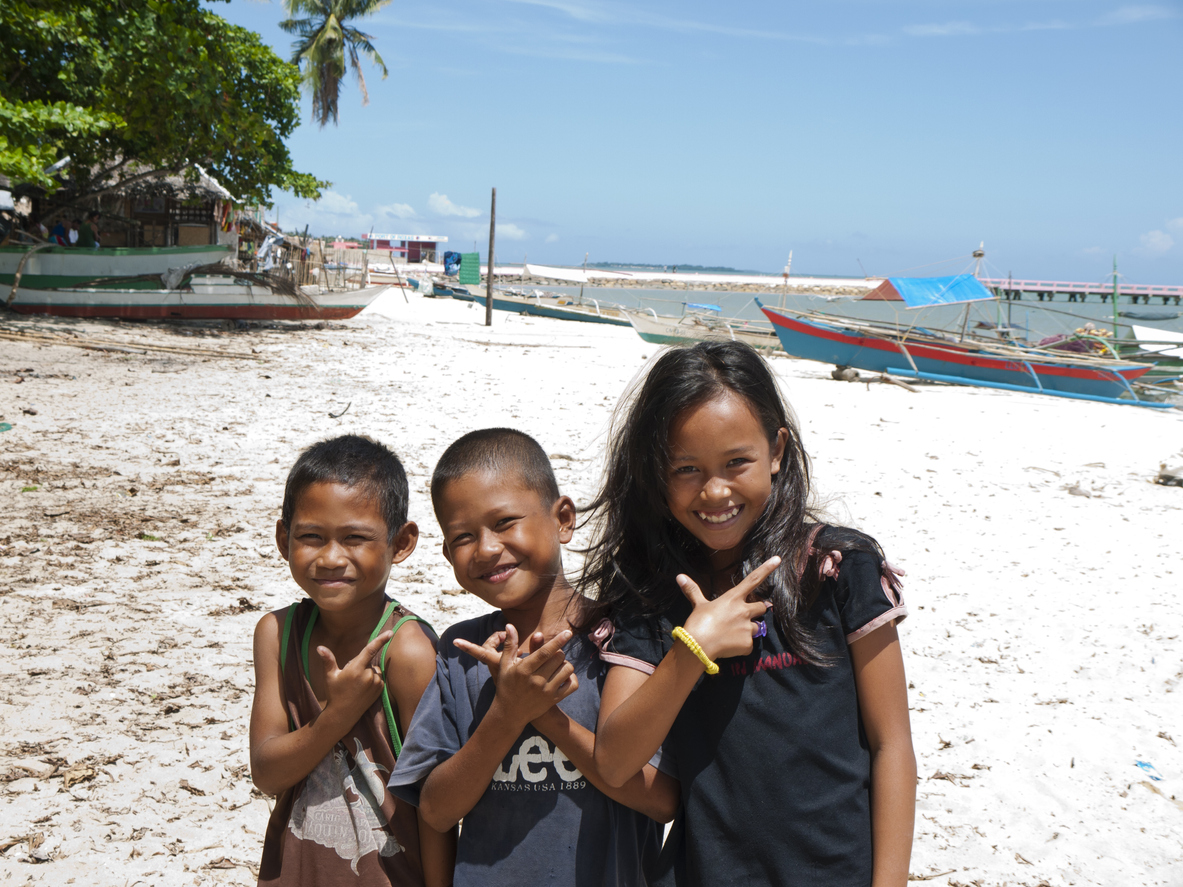Philosophy of Adoption
The Sacred Portion Children’s Outreach holds the tenet that, whenever possible, children should remain with their birth family and in their country of origin. However, lack of social service programs; lack of family protection policies; cultural stigmas; poverty; violence; and many complex pressures contribute to parents relinquishing their children. When remaining with their birth family is not possible, adoption into a family is often a child’s next best interest. Adoption is always a story of trauma and loss that can blossom into a story of welcome and healing and hope.
For children for whom an adoption plan is made, efforts are first made to find an appropriate family member or adoptive family of the same race and culture in order to have a mutual connectedness and established identity. When that type of optimal placement cannot be achieved, placement with a family of another nationality, race, or culture provides a permanent plan which otherwise may not be attainable. It is important that such a family preserves their child’s heritage by providing educational and social experiences to integrate his or her birth heritage with that of his or her adoptive heritage. The adoptive family should give much consideration to issues involved in raising a child with a different ethnic, racial, or cultural background from their own.
As a Christian ministry, we seek families who are committed to living and raising children according to God’s Word. We desire that prospective clients understand this as the foundation of our ministry. There are many excellent adoption agencies, if this is not something that speaks to you as you endeavor to expand your family.






